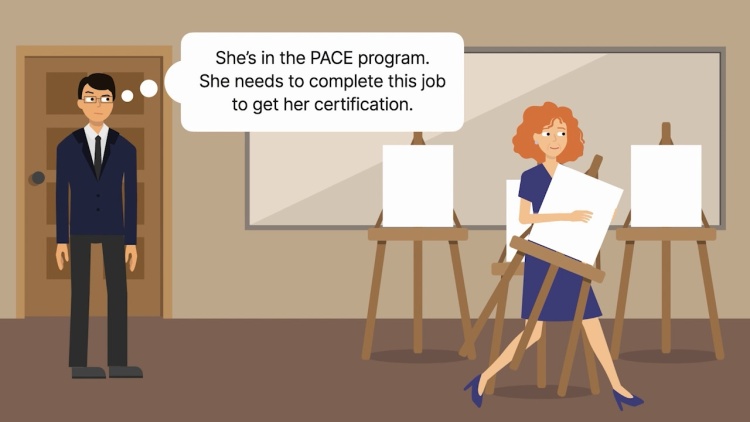McNaughton v. Charleston Charter School for Math and Science, Inc.
South Carolina Supreme Court
411 S.C. 249 (2015)
- Written by Rose VanHofwegen, JD
Facts
In her early to mid-fifties, Cynthia McNaughton (plaintiff) was accepted into South Carolina’s Program of Alternative Certification for Educators (PACE), hoping to work as a certified teacher for 11 to 12 years until retirement. The three-year program required participants to teach for one year as an “induction teacher” to become certified to teach in public schools. If someone lost an induction teaching job before completing PACE, the person could potentially reapply and start over. The principal of Charleston Charter School for Math and Science, Inc. (defendant) hired McNaughton to teach art for the 2010-2011 school year at a salary of $34,040, knowing she needed to complete her PACE induction year. McNaughton was a talented teacher without performance or discipline problems who received positive feedback. But the principal terminated McNaughton’s employment in the middle of the school year because the school needed to hire a new teacher for the underperforming math department. McNaughton was unable to find another job that satisfied the PACE program. She suffered financial losses and the bank foreclosed her mortgage. McNaughton sued, requesting actual and special damages. At trial, her attorney argued that McNaughton not only lost wages, but about $408,000 earnings over 12 years as a certified teacher. The jury awarded $20,623 in actual damages and $74,112 in special damages. The school appealed, and the appellate court certified the case for the South Carolina Supreme to resolve.
Rule of Law
Issue
Holding and Reasoning (Toal, C.J.)
Concurrence/Dissent (Pleicones, J.)
What to do next…
Here's why 907,000 law students have relied on our case briefs:
- Written by law professors and practitioners, not other law students. 47,100 briefs, keyed to 996 casebooks. Top-notch customer support.
- The right amount of information, includes the facts, issues, rule of law, holding and reasoning, and any concurrences and dissents.
- Access in your classes, works on your mobile and tablet. Massive library of related video lessons and high quality multiple-choice questions.
- Easy to use, uniform format for every case brief. Written in plain English, not in legalese. Our briefs summarize and simplify; they don’t just repeat the court’s language.





